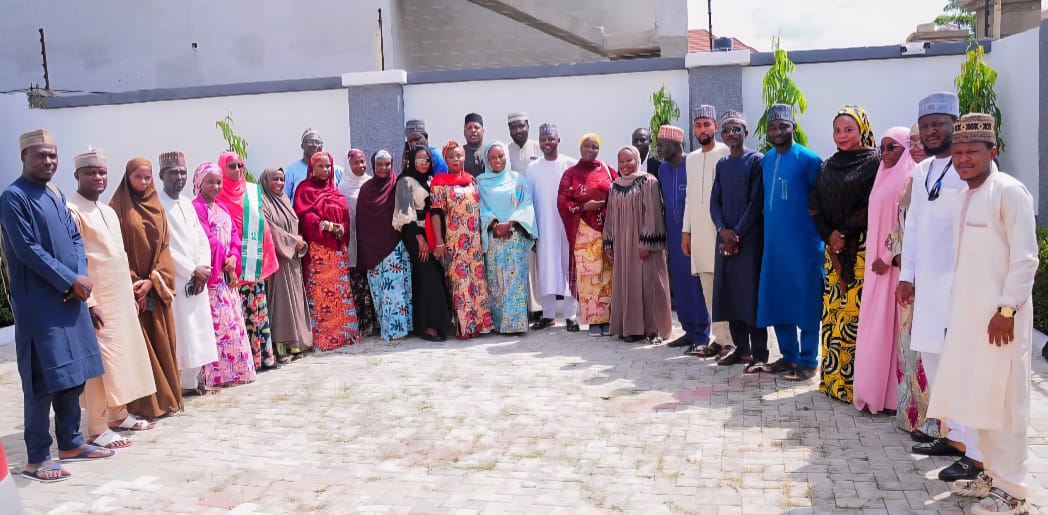By Muhammad Amaan
The Africa Health Budget Network (AHBN) in collaboration with Samasha Support for Advocacy and Maternal and Adolescent Health (SAMASHA), has convened a validation meeting on the Civil Society Organisation (CSO)-led accountability mechanism known as the Motion Tracker Approach (MTA).
The meeting aimed at strengthening evidence-based advocacy and ensuring greater accountability in the health sector.
The validation exercise is designed to encourage policymakers to allocate more resources to Family Planning (FP) and Maternal, Newborn, and Child Health (MNCH), integrate sub-national policies, and implement High-Impact Practices (HIPs) that directly benefit women, newborns, and children.
In his opening remarks, Director of Programmes at AHBN, Mr Jalo Sulaiman explained that the initiative is being implemented in collaboration with SAMASHA under the Strengthening Accountability for Women’s Health (SAWH) Project.
He noted that the project seeks to enhance advocacy and accountability for FP-2030 and MNCH commitments in Nigeria at both national and sub-national levels, with Kano State serving as a focal point.
Mr Sulaiman urged participants to contribute meaningfully to the validation exercise, describing it as a CSO-led approach that would help achieve the project’s objectives.
According to Executive Director of YOSPIS, Zainab Ahmed Nasir, the validation process will collate, stakeholders’ action roadmap and Commitments on resource mobilization.
“Data sources and key information and Findings from desk reviews.”
Convener of the validation, Comrade Akibu Hamisu, emphasized that FP2030 is a global effort that builds on the FP2020 initiative launched in 2012, with the goal of expanding access to family planning services in developing countries, including Nigeria.
He explained that adopting the Motion Tracker Approach (MTA) in Nigeria is critical to strengthening accountability mechanisms for tracking FP2030 commitments at both national and sub-national levels.
“This CSO-led approach supports the achievement of government commitments by building alliances, driving change, and reinforcing accountability,” Hamisu said.
Comrade Hamisu highlighted several recommendations, including, intensifying advocacy and accountability efforts by CSOs to ensure adequate funding of FP programs by relevant MDAs at all levels and strengthening collaboration between government and partners to engage traditional leaders, religious leaders, and faith-based organizations.
He called on Nigerian government and international donors to empower and fund local NGOs for effective implementation and monitoring of FP programs.
“Stakeholders should increase support for the media to ensure consistent reporting on Sexual and Reproductive Health (SRH) and FP issues.”
“Improved implementation of the Private Sector Engagement (PSE) Strategy at all levels to enhance domestic resource mobilization.”
The validation also featured goodwill messages from key institutions and stakeholders, including the Ministry of Planning and Budget (MPoB), State Primary Health Care Management Board (SPHCMB), Nigerian Medical Association (NMA), Medical Women’s Association of Nigeria (MWAN), Kano State Contributory Healthcare Management Agency (KSCHMA), Society for family health SFH, and LAFIYA, among others.




